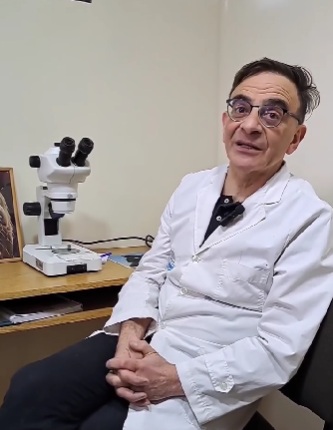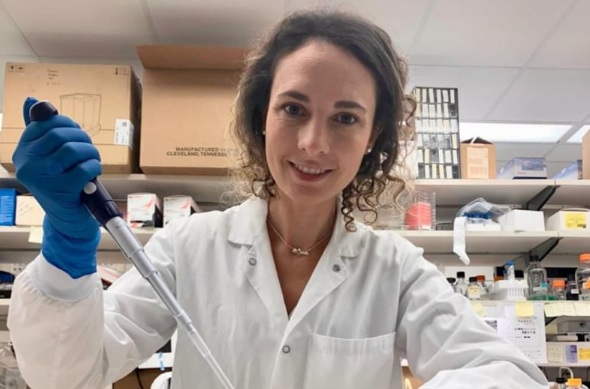Roberto Mera y Sierra is an Argentine veterinary doctor dedicated to Veterinary Sciences, with a special focus on regional parasitic diseases. His doctoral research is framed within the Regional Parasitology Research Center, which he directs. This center is part of Juan Agustín Maza University, located in the province of Mendoza, Argentina.
In addition to his scientific role, Mera y Sierra is also the director of Laboratorios Mera, located in Mendoza, which specializes in veterinary diagnostics.
Mera y Sierra and his connection to science
In his advanced years as a student, Mera y Sierra pursued postgraduate studies in Human and Animal Parasitology. He also completed an International Master’s in Tropical Parasitic Diseases. Both degrees were awarded by the University of Valencia in Spain.
Within Argentina, he is a Full Professor of Parasitology and Parasitic Diseases at the Faculty of Veterinary and Environmental Sciences at Juan Agustín Maza University. Additionally, he serves as Head of Practical Work in the Parasitology Department at the Faculty of Medical Sciences, which belongs to the National University of Cuyo.
Mera y Sierra and Juan Agustín Maza University
Beyond his teaching duties, Mera y Sierra is the technical director of the Regional Parasitology Research Center (CIPAR), which is part of the Argentine Institute of Veterinary, Environmental, and Health Sciences (IAVAS). Both institutions belong to Juan Agustín Maza University.
IAVAS aims to promote scientific research related to human and animal health, especially with a regional focus on western Argentina. Another objective is to produce knowledge on sustainable animal production and the conservation of natural resources.
CIPAR specializes in research on regional parasitic diseases affecting animals. The center pays particular attention to diseases that impact public and animal health. Its research topics include livestock production, epidemiology, and various diseases and parasites that affect animals in the region.
Mera y Sierra serves as the technical director of this center, where his work focuses on the epidemiology of regional parasitic diseases. These are defined as illnesses caused by parasites—organisms that live on or inside another living being.
Parasitic diseases
Throughout his career, Mera y Sierra has contributed a wide range of knowledge to society. For instance, he recorded a podcast episode titled “Prevención de Zoonosis” (Prevention of Zoonoses), discussing animal-to-human transmitted diseases and how they can be prevented.
Among the parasitic diseases transmitted between animals and humans is zoonosis. He has also produced a special report on gastrointestinal parasites in goats in Mendoza and conducted a report on diseases transmitted to humans by their pets, particularly those related to tick bites.
Mera y Sierra is also the co-author of several scientific publications. His research includes reports on the bladder worm (Capillaria plica), which affects canids and felids, among others.
He has also studied bacteria that cause diseases in dogs, particularly along the spinal cord, exploring their relationship with other conditions to improve diagnostic accuracy.
Furthermore, Mera y Sierra has investigated parasitic diseases—especially gastrointestinal parasitosis in equines—which are closely linked to environmental factors.
Throughout his scientific career, the Argentine researcher has led multiple studies, primarily in the province of Mendoza, to produce information about various existing parasitic diseases.
His work also contributes to the development of knowledge on parasites or cases that have so far been understudied.
Regarding his scientific contributions, Mera y Sierra has made notable progress in the field of parasitic diseases affecting both animals and humans. He has also conducted research on ticks and the various diseases that mainly affect wild animals.
Among the researchers recognized for their work on parasitic diseases, Mera y Sierra stands out. From Juan Agustín Maza University, the Argentine veterinarian strives to bring knowledge about these diseases to society and to foster the development of Veterinary Sciences.




